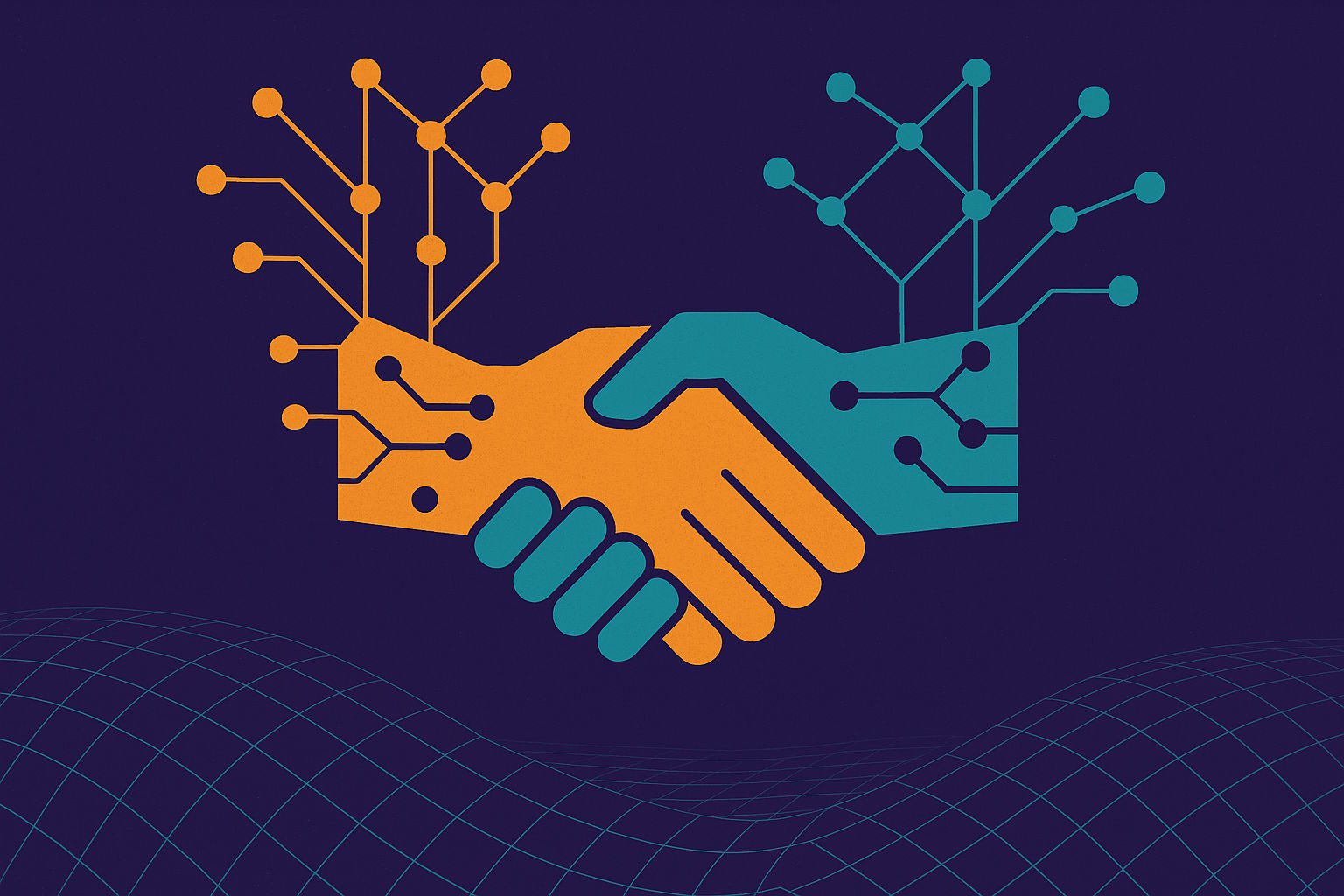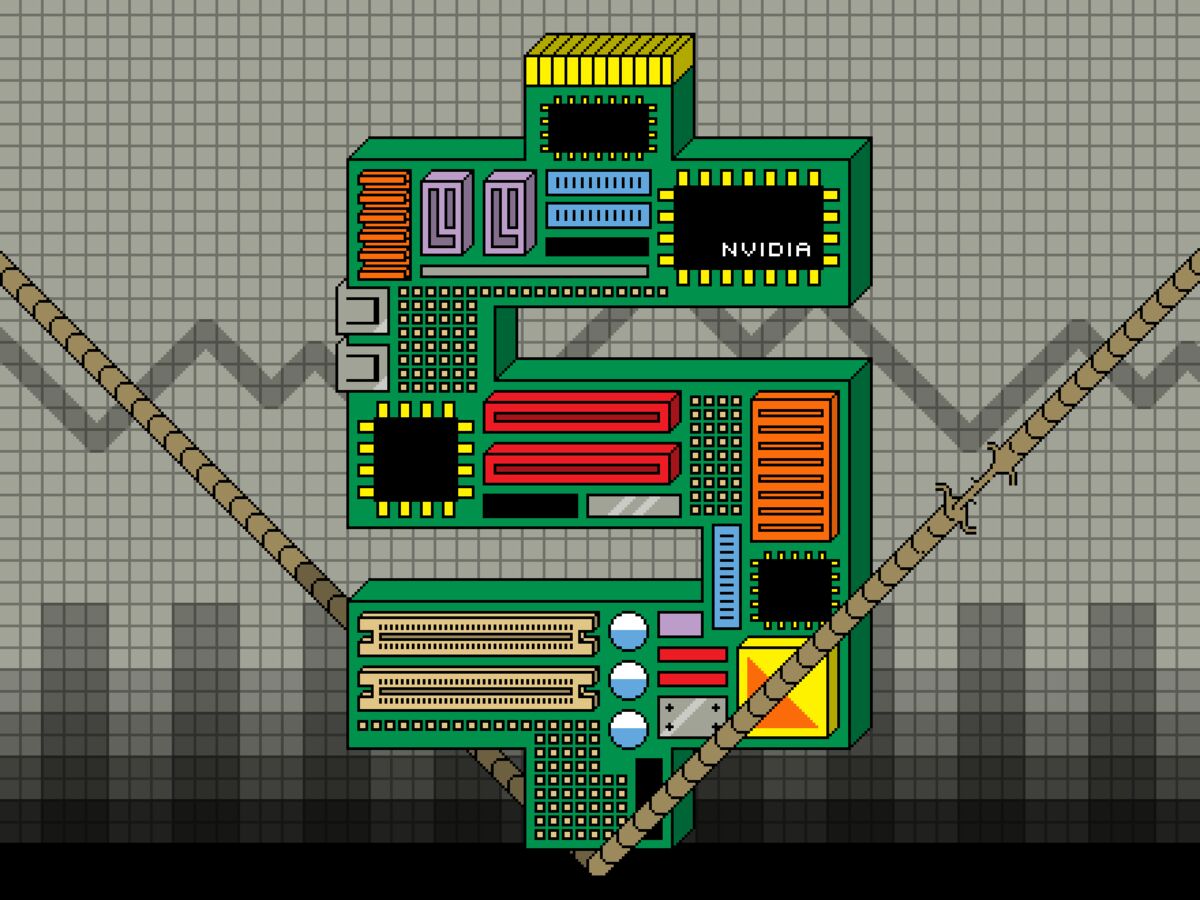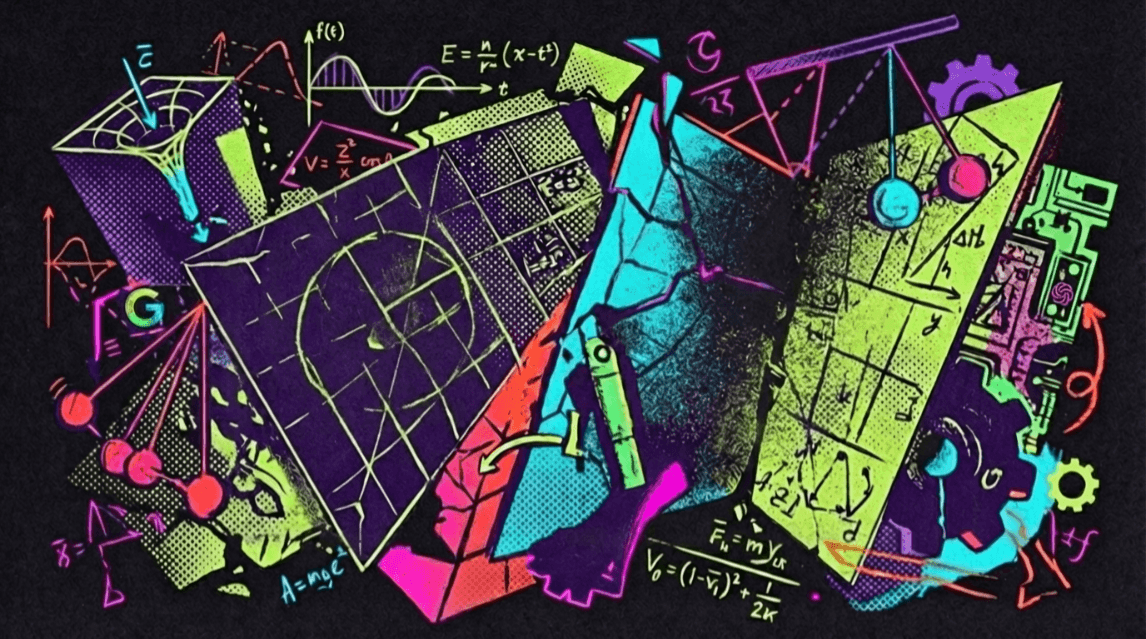Multi-agent training aims to improve coordination on complex tasks
PositiveArtificial Intelligence

- Researchers have introduced a new framework for multi-agent training, allowing multiple AI agents to be trained simultaneously, each taking on specialized roles to improve coordination on complex, multi-step tasks. This approach aims to enhance reliability through a clearer division of labor.
- The development is significant as it represents a step forward in AI capabilities, potentially leading to more efficient task management in various applications, thereby improving operational effectiveness in sectors reliant on complex problem-solving.
- This advancement aligns with ongoing trends in AI development, where companies are increasingly focusing on enhancing collaborative capabilities among AI systems. As AI continues to evolve, the emphasis on coordination and specialization may redefine how tasks are approached, reflecting a broader shift towards more integrated AI solutions in engineering and other fields.
— via World Pulse Now AI Editorial System



